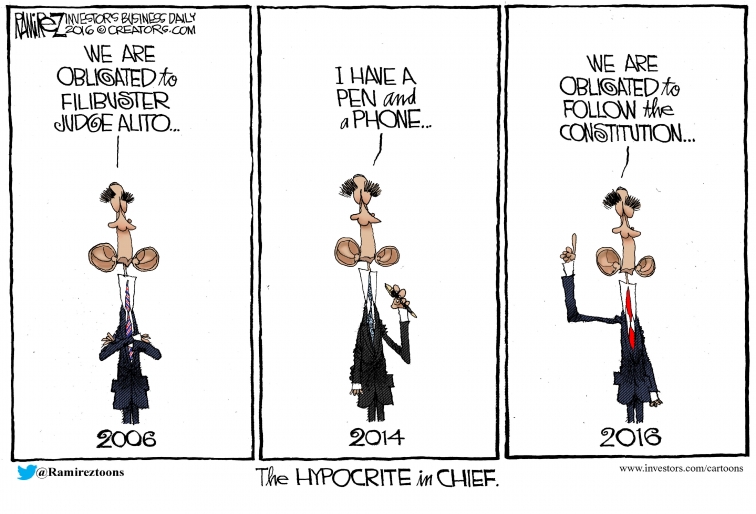Pretrial Discovery Reform: An Undervalued Benefit of Patent Litigation Reform Legislation
In the matter of much-needed patent litigation reform legislation before Congress, provisions targeting abuse of the pretrial discovery process constitute an underemphasized but critical component.
“Discovery,” for those who haven’t suffered the misfortune of practicing law or being sucked into litigation at some point in their lives, refers to the process by which litigating parties obtain relevant documents and information from opposing parties. Typical methods of discovery include depositions (out-of-court testimony under oath), document requests, interrogatories and requests for admission (to obtain evidence and narrow the scope of questions to be litigated).
As anyone who has participated in the discovery process probably learned, it can become extremely burdensome in terms of time, money and logistical tedium. Indeed, that’s why some parties abuse discovery in order to drive opposing parties toward settlement or withdrawal, even when those parties actually maintain the superior legal position. Discovery abuse increases nuisance value and can be exploited as a tactic to harass and intimidate other parties.
Patent litigation is particularly subject to discovery abuse, because the issues litigated are typically complex, document-intensive and within the knowledge of enormous numbers of people.
For that reason, the discovery reform provisions of broader patent litigation reform are especially valuable. The Innovation Act, which passed by a bipartisan 325 to 91 vote in the House of Representatives, moves toward a system in which discovery is limited to necessary information rather than endless fishing expeditions that lawyers exploit as a negotiating and intimidation tactic.
Importantly, however, the Innovation Act preserves important caveats to its reforms to preserve the interests of justice. First, it explicitly allows that, “In special circumstances that would make denial of discovery a manifest injustice, the court may permit discovery, in addition to the discovery authorized under subsection (a), as necessary to prevent manifest injustice.” Second, the Innovation Act allows that, “The parties may voluntarily consent to be excluded, in whole or in part, from the limitation of discovery provided under subsection (a) if at least one plaintiff and one defendant enter into a signed stipulation, to be filed with and signed by the court.”
Thus, the Innovation Act’s important discovery reform provisions can be superseded by court order or voluntary agreement of the parties.
Who could object to that common-sense reform?
Frivolous litigants and their attorneys, that’s who. Reform of the pretrial discovery process would mean that such vexatious litigants would be less able to extract surrender or settlement from parties unwilling to subject themselves and their companies to the crushing burdens of discovery. Any party acting in good faith, however, would obviously have nothing to fear.


 In an interview with CFIF,
In an interview with CFIF, 

 In an interview with CFIF,
In an interview with CFIF,  CFIF Freedom Line Blog RSS Feed
CFIF Freedom Line Blog RSS Feed CFIF on Twitter
CFIF on Twitter CFIF on YouTube
CFIF on YouTube